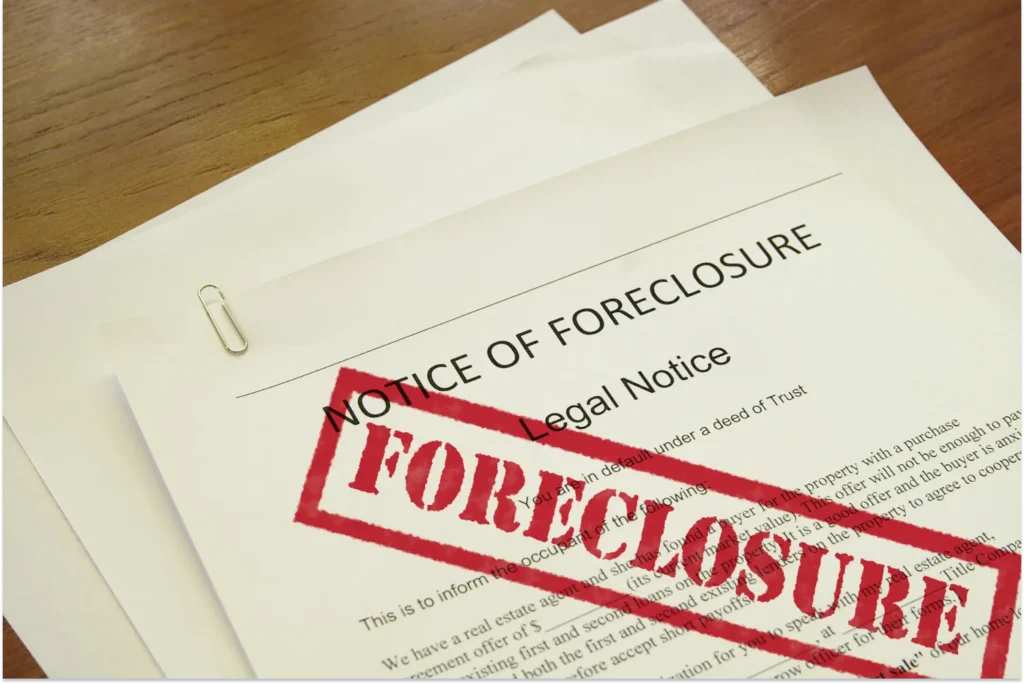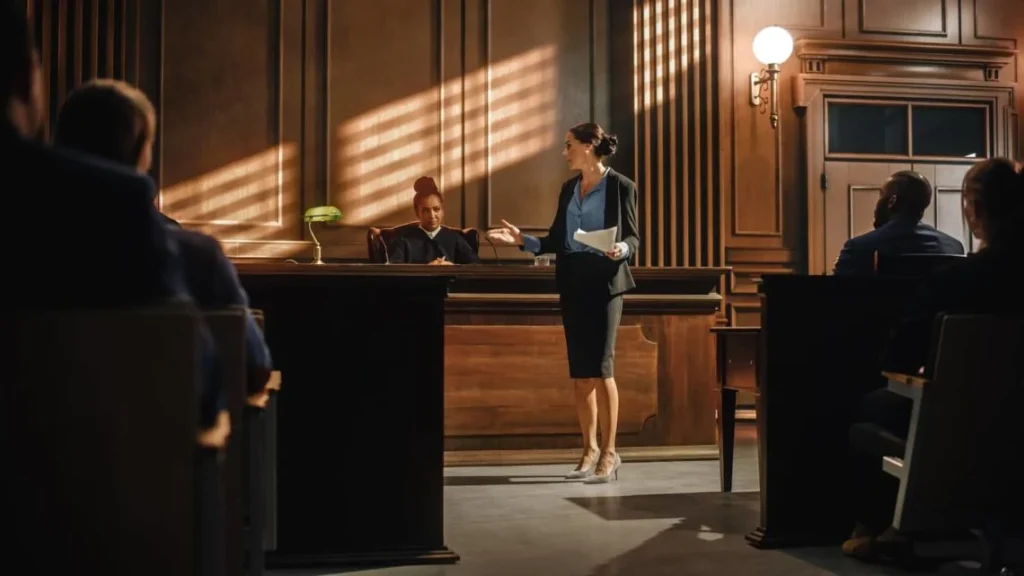Foreclosure procedures are legal methods started by a mortgage lender when a homeowner can’t keep up with mortgage payments, with an aim to reclaim the property. The procedures initiate when a homeowner defaults on their mortgage payments continuously for a defined period, as stated in the mortgage contract. Regardless of the reasons for the delinquency such as job loss, medical emergencies, or other financial upsets, if the homeowner cannot solve the situation, foreclosure might occur.
Foreclosure can be complicated, causing confusion for homeowners. The legal aspects of foreclosure can be challenging for an average homeowner to understand thoroughly. A real estate lawyer’s knowledge becomes vital here. They can assist homeowners through these procedures, protect their rights, deal with lenders, and ensure compliance with all laws and regulations. They provide invaluable representation and advice when faced with foreclosure procedures.
The Foreclosure Procedure Explained

Foreclosure actions commence when a homeowner does not pay their mortgage for a predetermined period. Notices are sent, and if the homeowner keeps failing to pay, the procedures start. During these procedures, the lender gets control of the property. The procedure involves steps that start from a loan default up to the sale of the property.
The proceedings include loan payment demand, default notice, trustee’s sale notice (for non-judicial foreclosures), and the property auction. If the property doesn’t sell at auction, it is added to the lender’s inventory, often labeled as a real estate-owned (REO) property.
Judicial vs Non-Judicial Foreclosures
There are two primary types of foreclosure methods: judicial and non-judicial. The difference lies in court involvement. Judicial foreclosures are processed through the court. The lender starts the process by filing a lawsuit against the borrower. The borrower is given a defined period, usually around 30 days, to reply. If the borrower fails to pay within the marked timeline, the property goes for auction. Conversely, non-judicial foreclosures do not involve courts.
These follow the procedures outlined in the mortgage or deed of trust that both parties agreed upon at closing. These procedures are generally faster than judicial foreclosures and may provide fewer chances for the borrower to stop the foreclosure process. Understanding these differences is necessary because of their distinct procedural requirements and different timelines.
Roles of a Real Estate Lawyer in Foreclosure

1. Protecting Homeowners Rights
The primary job of an Edmonton real estate lawyer during a foreclosure is to protect the homeowner’s rights. They review the mortgage contract and the lender’s conduct carefully to make sure all laws are complied with. This could include checking if the right notices were served, deadlines were met, and the lender followed the correct procedures. Should any legal discrepancies or misconduct in the foreclosure procedure be identified, these could be used to defend the homeowner’s rights.
2. Negotiation and Defense Plans
Aside from protecting homeowners’ rights, real estate lawyers also have the responsibility to negotiate with lenders on behalf of homeowners. This can result in more manageable loan modifications, agreeable short sales, or possibly a deed lieu of foreclosure, all of which could possibly stop a foreclosure. Moreover, if there’s room for a solid defense plan, experienced real estate lawyers can bring various foreclosure defenses in court. They can question the validity of the mortgage debt, point out inaccuracies in the foreclosure process, or even question whether the party starting the foreclosure has the legal right to do so.
3. Offering Legal Advice
Foreclosure laws can be complex and vary greatly from state to state. This is where a real estate lawyer steps in with their expertise. They offer precise and practical legal advice that’s based on each case’s unique circumstances and the specific laws of the state. They assist homeowners in understanding potential consequences and guide them through different stages of foreclosure. By simplifying this complicated process, a homeowner may gain a clearer understanding of what to predict and can handle the situation with more confidence.
Representing Homeowner in Court

If a foreclosure case needs to be resolved in court, a homeowner needs to be well-prepared and represented well. A real estate lawyer provides court representation for the homeowner. They prepare a strong defense strategy suitable for the case at hand and present it in court on behalf of the homeowner. As experienced professionals, they know all court dealings and aim to secure the best possible result for their clients. This level of representation can provide a homeowner with relief and peace during this strenuous process.
The role of a real estate lawyer in a foreclosure procedure is pretty significant and is indeed more than just offering legal advice and court representation. They fight for homeowners, negotiate for them, and ensure their clients’ rights are respected throughout the process. Their expertise and abilities could be the difference between keeping or losing a home to a foreclosure. Working with a real estate lawyer’s services during a foreclosure is useful and valuable. The moment a homeowner suspects a foreclosure, it’s necessary to act promptly.
Neglecting the situation or delaying a reply could only heighten the difficulties. Therefore, homeowners should primarily seek legal advice, and finding a competent, experienced real estate lawyer should become a priority. Seeking legal assistance not only offers immediate expert advice but also starts the development of a defense strategy if foreclosure procedures commence. Early action and legal counsel are helpful tools homeowners should utilize to secure the best possible outcome.

